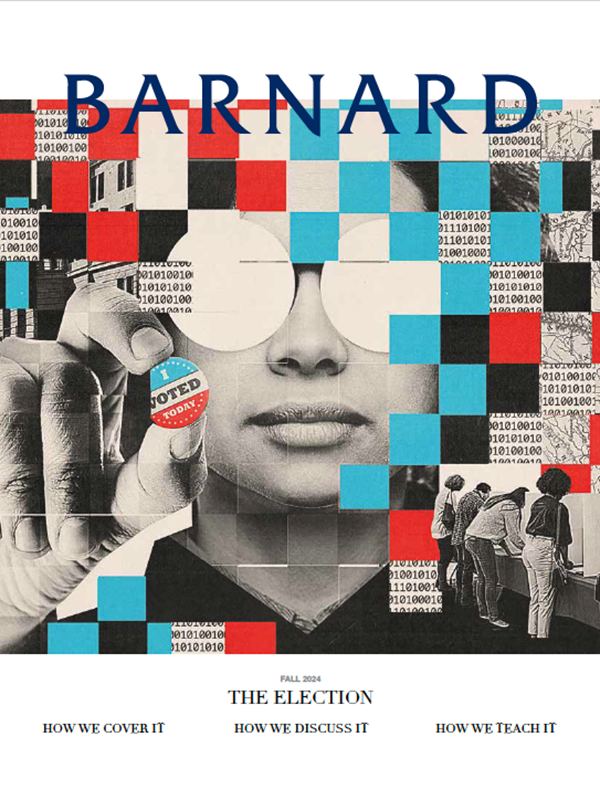When my daughter, Mari, turned 2, my in-laws sent her a book, one of those press-the-button books that played such tinny, familiar songs as “If You’re Happy and You Know It.” Adorable, right? But the book cover was bubble-gum pink, it was called Once Upon a Song, and the cover showed three Disney princesses decked out in sparkly satin dresses. This was Mari’s first princess book, her first princess anything. We’d avoided the pervasive princess culture that targets toddler girls in toy stores and advertisements, but now our gender-neutral shelter had been infiltrated.
Mari loved it instantly. And I mean LOVED it, her other books felt abandoned and sank into depressions. Goodnight Moon was especially needy. “Read it again,” Mari would say, as soon as we’d finished a round of Once Upon a Song. Instead of enjoying The Foot Book and If You Give a Pig a Pancake and the Sandra Boynton oeuvre, I was forced to regard what looked like a weird advertisement for Disney, in which Ariel swims in her bikini top on one page and Aurora dances with her prince on another. It almost made me want to stop reading to her.
I started to plot against Once Upon a Song. Like the evil queen in Snow White, I devised a way to get it out of our lives. One day, I dropped Mari off at preschool, came home, grabbed the book, and headed for the door. I was going to throw it away. But at the threshold, I spotted Mari’s baby shoes, bright green with pictures of smiling turtles. Mari was wearing proper shoes by now, but she still liked to wear the turtle shoes for fun. This was something that characterized her play—she loved to dress up. She made my skirts into dresses and my shirts into shawls and veils. Only 2, she already liked shopping and new clothing more than toys. I looked at the book that my daughter loved; I was about to banish it. What was I doing? I really had become the evil queen. I was trying to manipulate the world according to my wishes rather than accept its ebb and flow.
Mari’s love for dress up didn’t come from me. I hate shopping; I’ll wear the same outfit five days in a row as long as it doesn’t smell. Mari’s clothing play preceded her attending preschool and her interactions with other kids. This came from inside her. Mari wasn’t me. I didn’t like the book, but she did.
Those of us who dislike princess stories—in which passive, dull young women can only be saved by men—are trying to do what’s best for our girls. We want them to have fulfilling lives and not be limited by perceptions about what it is to be female. But even I had to admit that it was a stretch to associate this book with the obstacles facing girls and women. We could read the book a thousand times, but I was still Mari’s mother. She wasn’t alone in the woods with a sinister wolf telling her she was bad at math.
Mari has other influences on her life. Her father and brother, our extended family and friends—everyone is playing a positive role and helping her develop into a fabulous person. Mari plays the most important role—expressing enthusiasm for the things she likes. To put up walls between her and her passions, rather than to encourage them, makes me kind of a jerk, maybe even a crummy mother.
I returned the book to the shelf. A few weeks later, a Frog and Toad anthology became Mari’s favorite. We still read Once Upon a Song. A few months ago, the batteries ran out. One afternoon, I went to an electronics store to have the batteries replaced so we could read it again and again and again.
Devorah Blachor writes essays, humor and, as Jasmine Schwartz, a mystery series. She’s now writing Letting it Go: A Feminist’s Guide to Raising a Princess-Obsessed Toddler. Follow her on Twitter and Facebook.
